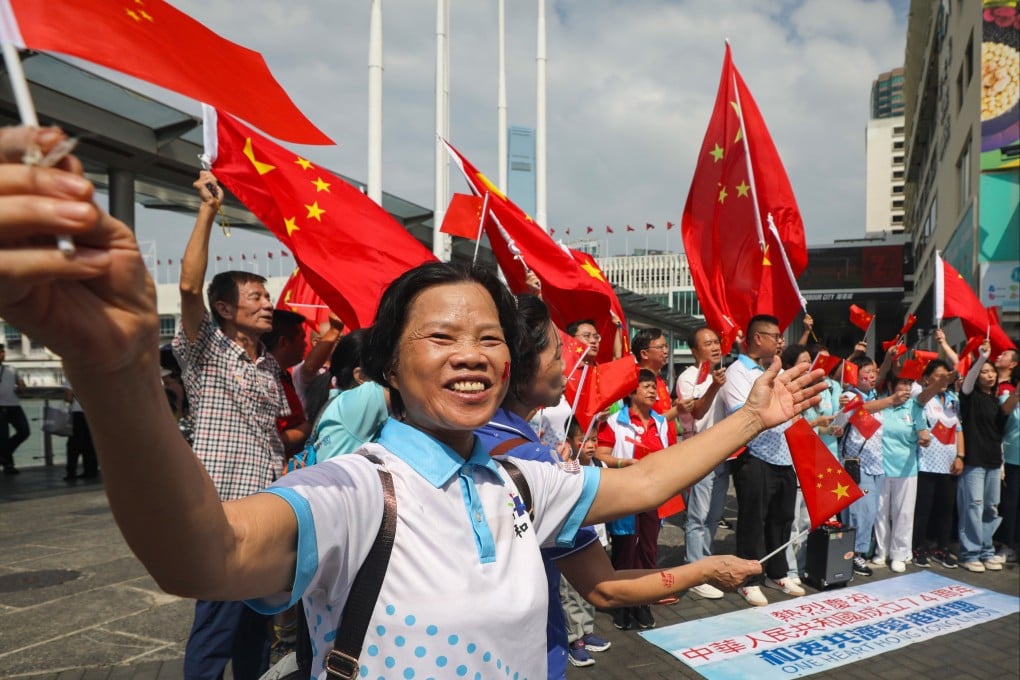Hong Kong NGOs express concern, demand clarity over changes to subsidy allocation system to reward support for government
- NGOs now scored on efforts to support official policies, such as events promoting national education, in change to Social Welfare Department funding allocation system
- But organisations worry they will be sidelined and call for clarity over changes, with one lawmaker claiming criteria may be perceived as political censorship

Hong Kong NGOs have expressed concern and demanded clarity over changes to a scoring system that helps social service providers more easily secure subsidies by voicing support for the government.
But the Social Welfare Department said on Monday that changes to determining how funds were allocated, which were introduced in the first quarter and included recording whether non-governmental organisations had helped to arrange activities supporting official policies, would ensure that assistance went to those in need.
“Having social welfare organisations that are patriotic and support the administration in implementing welfare policies is conducive to ensuring all welfare work is precisely in place, and benefits residents in need and disadvantaged groups,” a department spokeswoman said.
Under the changes, organisations are scored on whether they had led or helped events in support of government policies over the past three years.
The spokeswoman said such events included ones related to national education and the country’s development, as well as activities to celebrate the October 1 National Day or the July 1 anniversary of the city’s return to Chinese rule.
The department had also “increased the weight for establishing district liaison or service networks in the scoring rubric to highlight the importance of strategic collaboration in the community”, she added.
The exact weighting within the department’s scoring system was not revealed.